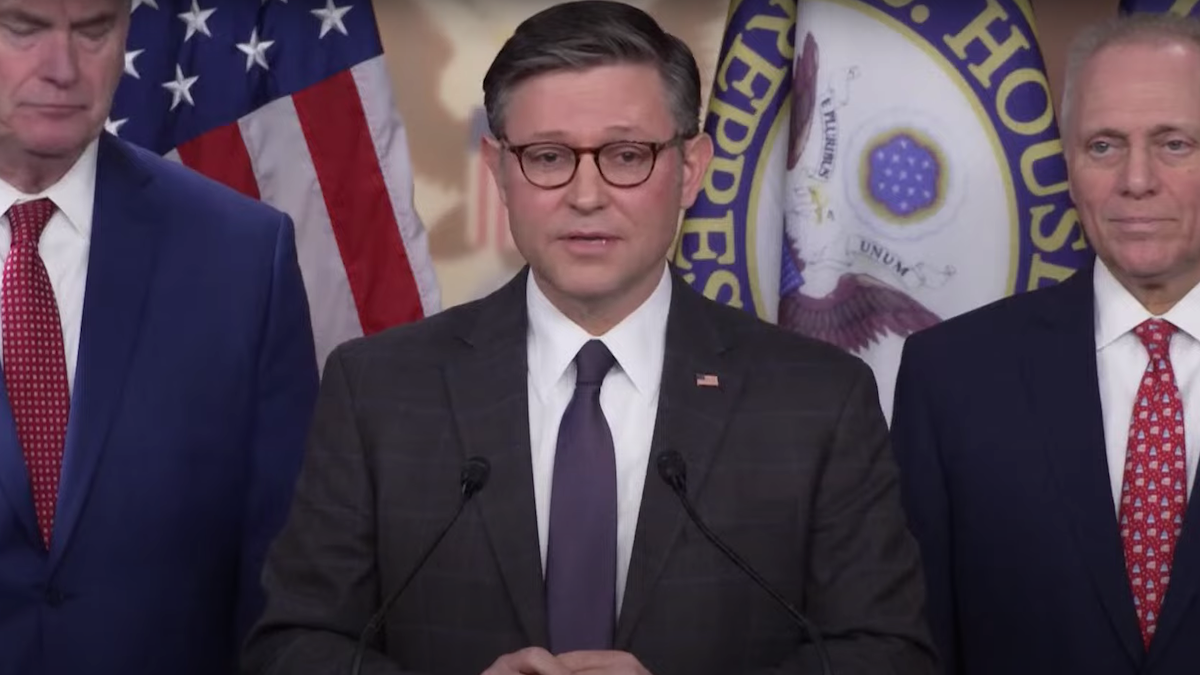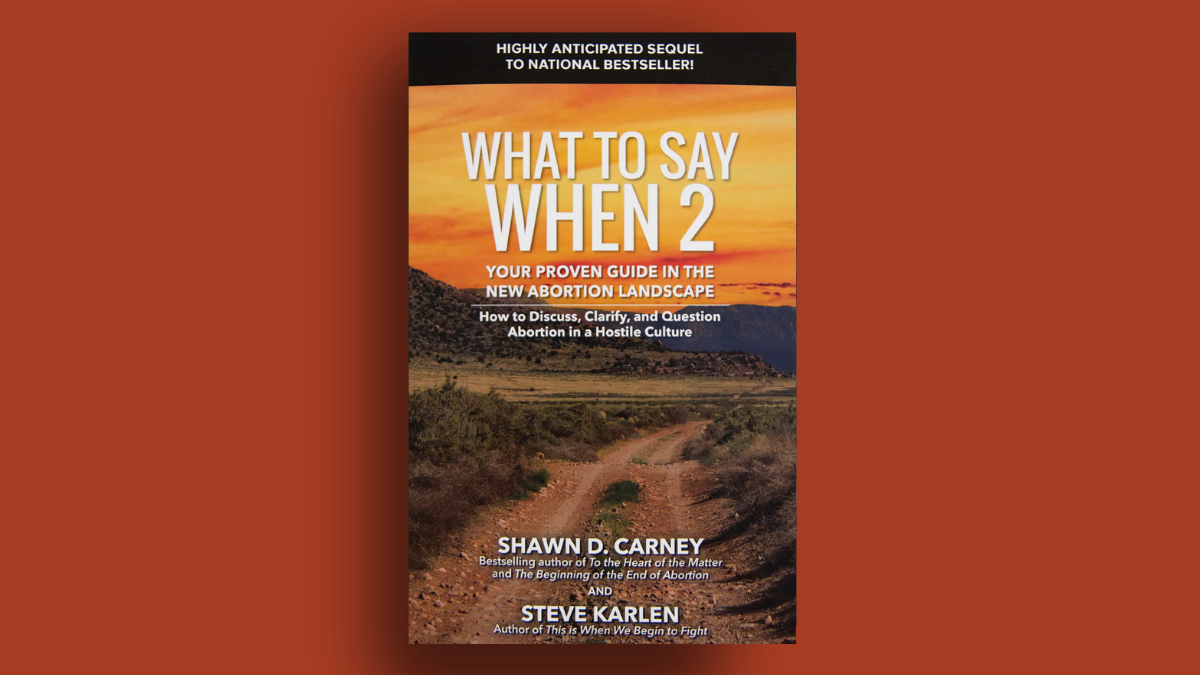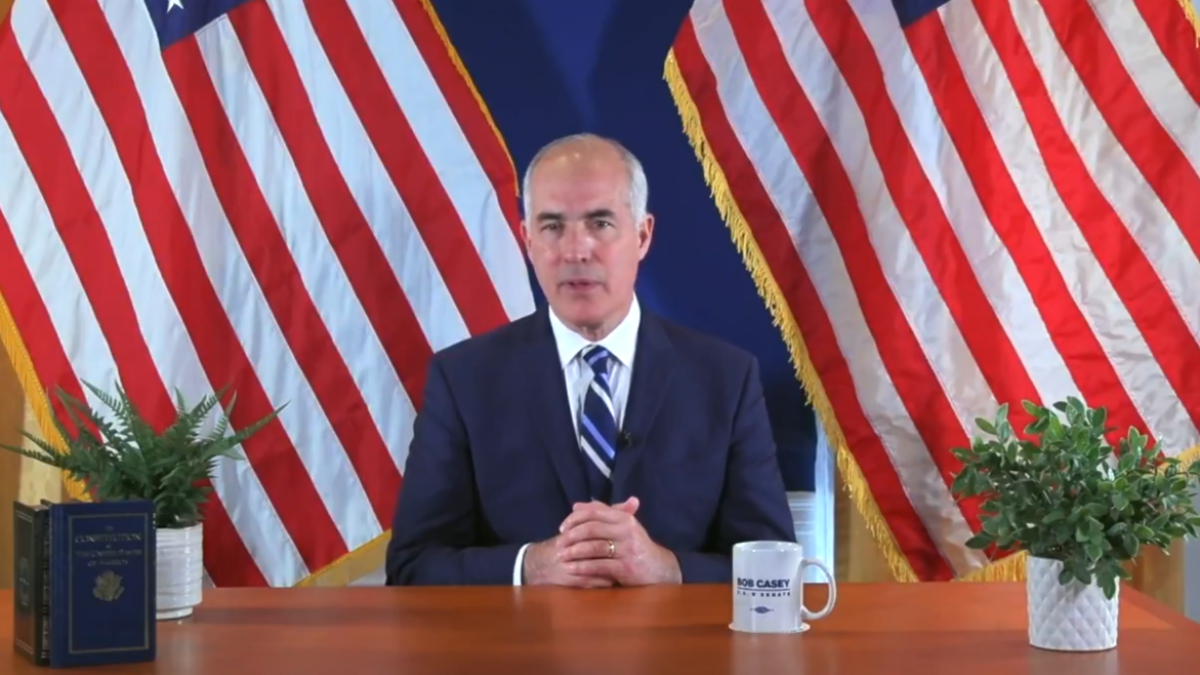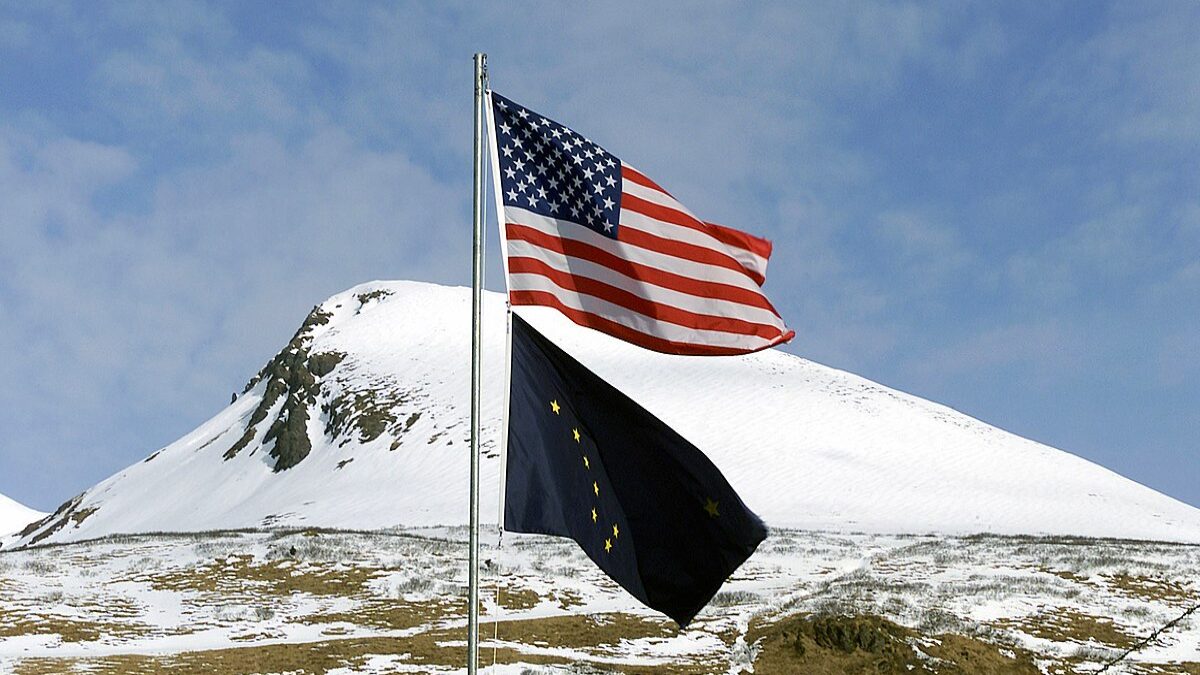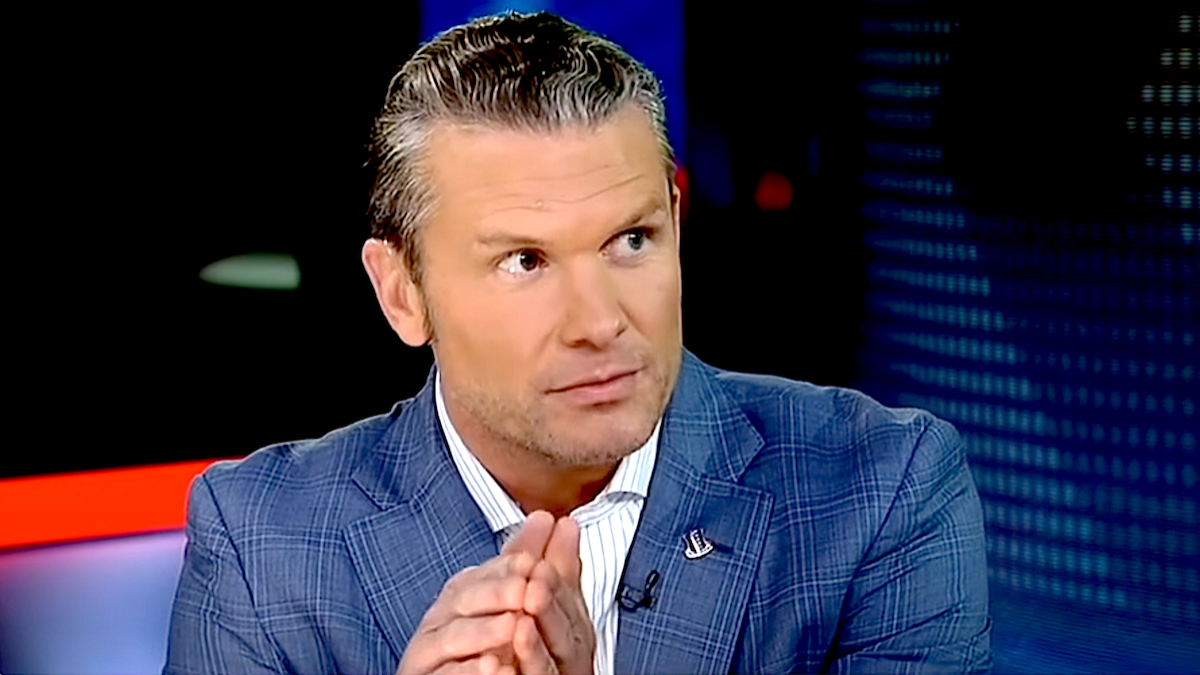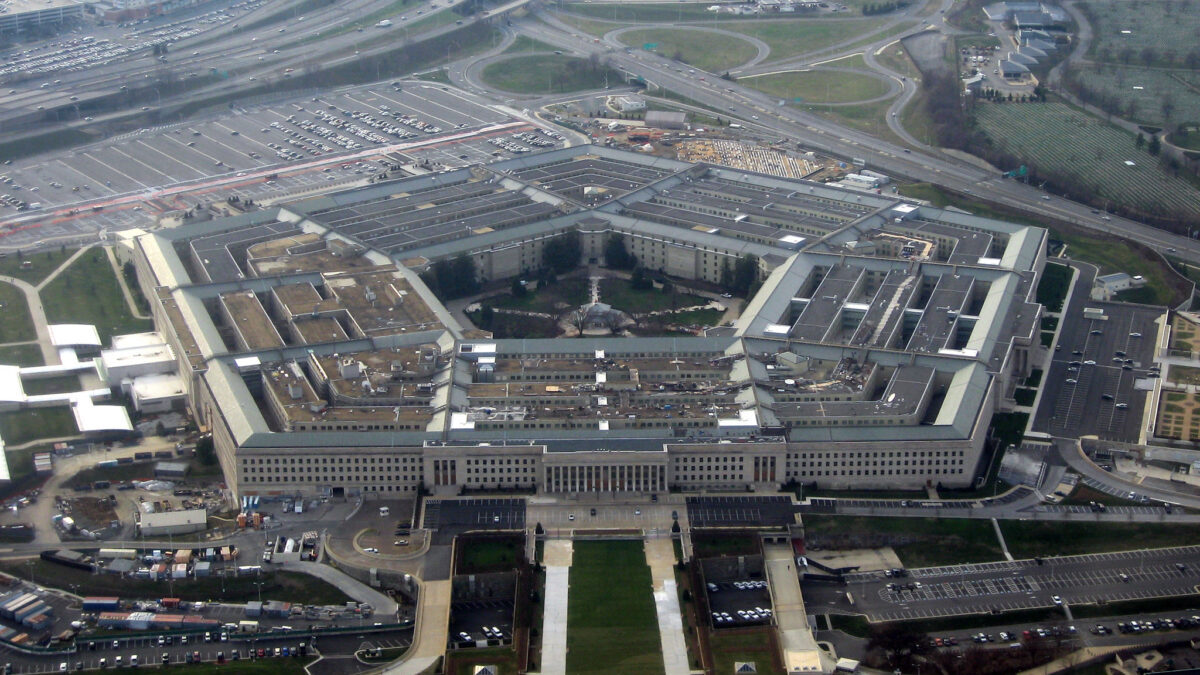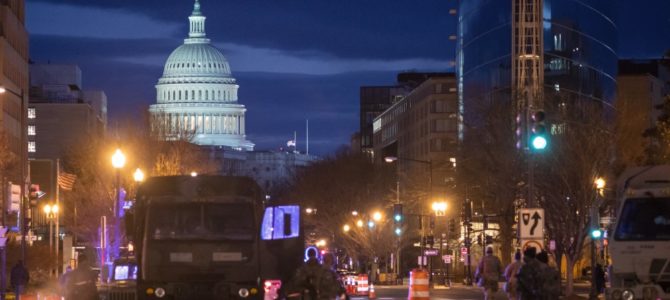
It is a testament to how irreligious we have become that nobody has thought to call the Capitol breach on Jan. 6 the Epiphany Riots. Yet this deadly outburst was most epiphanic.
One of the flashing insights the country should have was that the centripetal forces that used to keep America united lie exhausted or are no longer existent. This makes our current “regime politics”—our deep existential disagreement about how the country should be constituted—dangerously unstable.
In other words, if people have reason to believe that, as President Trump told the crowd on Wednesday, “If you don’t fight like hell, you’re not going to have a country anymore,” some will fight like hell, and the most-addled minds might even commit violence.
Barrels of digits and ink have been spilled on whether what the president said constituted legal incitement, and rightly so. Yet not nearly enough attention has been spent on why many Americans have come to believe that “the other side” will destroy the country if it gets power.
In an essay last month, I wrote that thinkers such as Christopher Caldwell and Charles Kesler make a very credible case that we currently live under rival constitutions. One is the Constitution of 1787 and the other an identity politics constitution that tramples on key rights safeguarded by the earlier document, such as equality under the law, speech rights, etc.
“Until this standoff between our rival constitutions is resolved, the country will engage not in normal politics but in the more volatile ‘regime politics,’ which decides what regime we are to live under,” I wrote.
In his book “The Age of Entitlement,” Caldwell writes that “Much of what we have called ‘polarization’ or ‘incivility’ in recent years is something more grave. It is the disagreement over which of these two constitutions will prevail.” Kesler, in his forthcoming book, explains that regime politics are dangerous because they represent a clash “between two contrary visions of what constitutes the country.”
“That rarely ends well,” I added, sadly prophetically.
Consider that the attack on the symbol of our democracy earlier this month did not happen in a vacuum, but came after seven months of destructive protests, riots, and looting that at least 30 Americans dead and caused between $1 and $2 billion in damage. The left controls the media, and thus the narrative. The more than 12,000 protests and some 700 riots the nation suffered were unanimously dubbed “the protests for social justice” by this adulatory media. By contrast, what happened on Jan. 6 is a failed white supremacist putsch.
These versions of the stories do not lead Americans to wonder if the ties that bind us are in dire need of repair. Yet don’t expect any different. Last year, our major press outlets fired any editor or journalist who departed from the accepted writ. This new year, Big Tech quickly deplatforms individuals and institutions that dare take a different approach.
Social networks have now been taken offline with the unsubstantiated claim that some subscribers used them to plan Wednesday’s atrocities, a legitimate step if strictly used to prevent further actual violence. But the Black Lives Matter organizations used social media platforms, too, to organize last year’s mayhem, and those portals were never threatened.
We are unlikely, thus, to heed the lessons of a lecture that Professor Jonathan Haidt delivered not three years ago at New York University. From our vantage point, it, too, sounded sadly prophetic.
Haidt explained that humans had evolved to be tribalists. “The whole reason we dominate the planet, and no other primate does, is that we figured out a way to cooperate in small groups,” he said. He added, however, that “We are tribalists, but we’re not obligatory tribalists.”
For a very long time, he said, America had figured out how to “tone down the tribalism” with a shared consensus around the “American civic religion.” But, “when those centripetal forces weaken you can expect revolution, chaos, a cycle of decline in trust, and the decay of a society.”
In the 1960s, America faced centrifugal forces that were even more violent than in this decade, Haidt said, adding ominously, however, “But the centripetal forces, holding us together, were so much stronger then, that the nation was able to make it through. Now, we have very little holding us together.”
That epiphany stares us in the face today.


